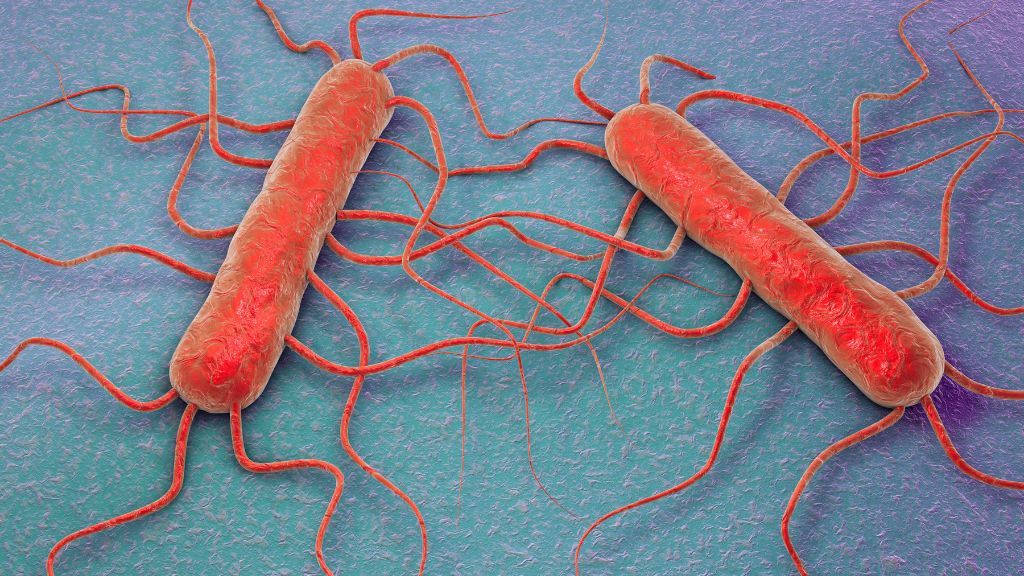
Listeria
Listeria is a genus of bacteria that acts as an intracellular parasite in mammals. Until 1992, 10 species were known, each containing two subspecies. By 2020, 21 species had been identified. The genus is named in honor of the British pioneer of sterile surgery Joseph Lister. Listeria species are Gram-positive, rod-shaped, and facultatively anaerobic, and do not produce endospores. The major human pathogen in the genus Listeria is L. monocytogenes. It is usually the causative agent of the relatively rare bacterial disease listeriosis, an infection caused by eating food contaminated with the bacteria. Listeriosis can cause serious illness in pregnant women, newborns, adults with weakened immune systems and the elderly, and may cause gastroenteritis in others who have been severely infected. Listeriosis is a serious disease for humans; the overt form of the disease has a case-fatality rate of around 20%. The two main clinical manifestations are sepsis and meningitis.




